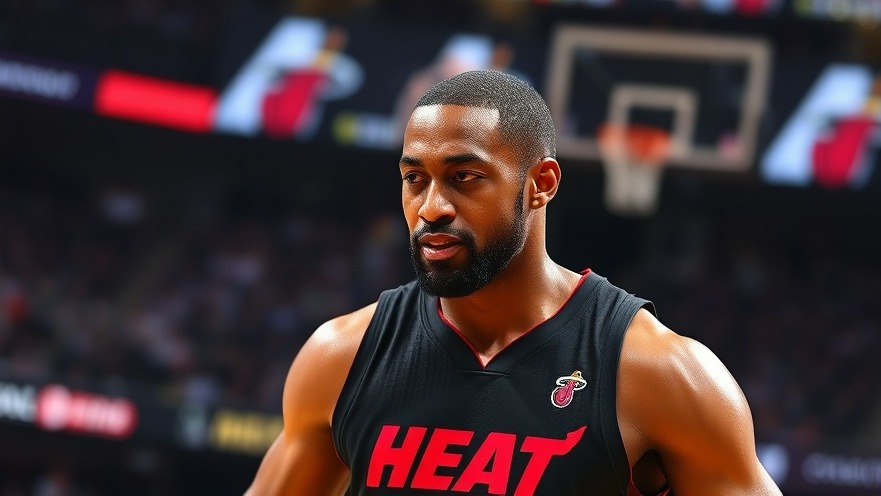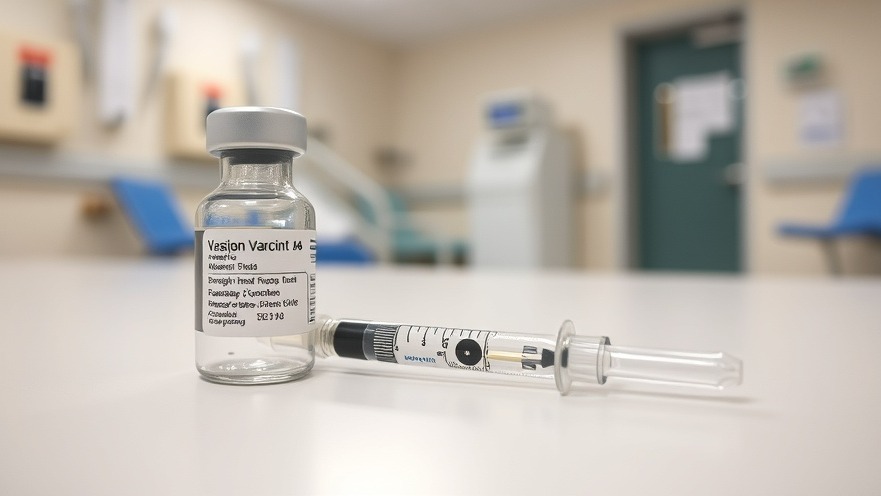
Unveiling the Silent Signals: Dwyane Wade's Kidney Cancer Journey
In a recent interview, retired NBA star Dwyane Wade courageously opened up about his Stage 1 kidney cancer diagnosis, shedding light on the subtle symptoms he initially dismissed. At the age of 41, while feeling "pretty healthy," Wade sought a check-up prompted by his father's battle with prostate cancer, completely unaware of the serious health challenge awaiting him.
Wade shared insights into his experience, emphasizing the importance of vigilance when it comes to health. Symptoms such as a slow stream of urine and abdominal discomfort were mere annoyances he attributed to everyday stress. "I didn’t think nothing of it," Wade noted. It wasn't until a conversation with his physician about these symptoms prompted an MRI that the unexpected diagnosis surfaced: a lesion on his kidney.
Understanding Kidney Cancer: The Importance of Early Detection
According to experts, symptoms of kidney cancer can often be subtle and easily overlooked. A common sign includes persistent pain in the side or back, which affects around 10% of patients diagnosed. Wade's experience highlights the reality that many individuals might not communicate ailments out of embarrassment or disbelief that something could be wrong, making it crucial to have open discussions about health in both clinical and personal settings.
Wade's news was sobering; he learned that if left untreated, the cancerous lesion could have led to severe complications later. "It could spread to your lungs and eventually to your brain," he reflected. This stark reality emphasizes why routine check-ups and advocating for oneself are vital elements in health monitoring.
Breaking the Stigma: Encouraging Men to Prioritize Health
This experience transformed Wade's outlook on life. He has become an advocate for proactive health measures, especially among men, who may shy away from discussing health issues or seeking medical help unless symptoms are acute. As he explained, "When people hear cancer, obviously, they think it's over," encouraging men to challenge the stigma surrounding health checks.
Wade's proactive approach ultimately saved his life. The doctors confirmed that he had Stage 1 kidney cancer, which is often highly treatable if caught early, with a five-year survival rate of 93%. It serves as an important reminder about the significance of embracing preventative care. "I want us to get over that. I want us to grow from that," he urges, pushing for cultural change in how men's health is approached.
Empowering Conversations: Encouraging Patient Connections
For concierge medical practice owners, Wade's story provides vital lessons in patient care and communication. Establishing an environment where patients feel comfortable discussing any health concerns openly is crucial. Practices must support patients' mental well-being by encouraging them to vocalize symptoms, no matter how trivial they may seem.
By sharing this narrative, Wade not only reshaped his life following his diagnosis but also transformed it into a platform to inspire others. Health practitioners should prioritize building trust, fostering an atmosphere of empathy where patients take active roles in their health management, thereby improving overall care and outcomes.
Next Steps For Health Awareness: Take Action
Wade's journey is a clarion call for action. Regular health screenings should not be viewed as mere formalities but as essential practices in maintaining long-term wellness. For those in medical concierge practices, engaging patients more deeply can enhance health literacy and encourage a preventive approach to wellness.
Ultimately, spreading awareness about discussing health changes openly and seeking guidance when in doubt can lead to early detection of diseases, making significant impacts on health trajectories. Talk to your patients, educate them on symptoms, and make it a priority to ensure their well-being goes beyond the immediate need. After all, a healthy community starts with informed individuals willing to take charge of their health narratives.
 Add Row
Add Row  Add
Add 














Write A Comment